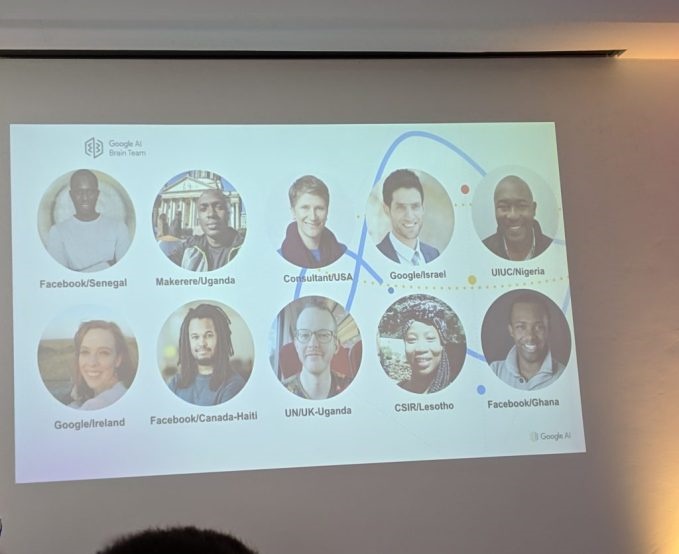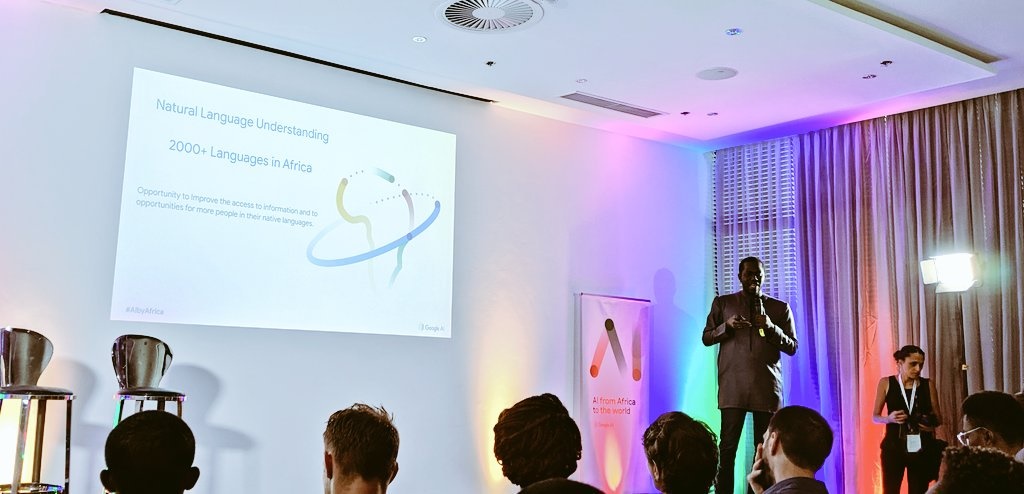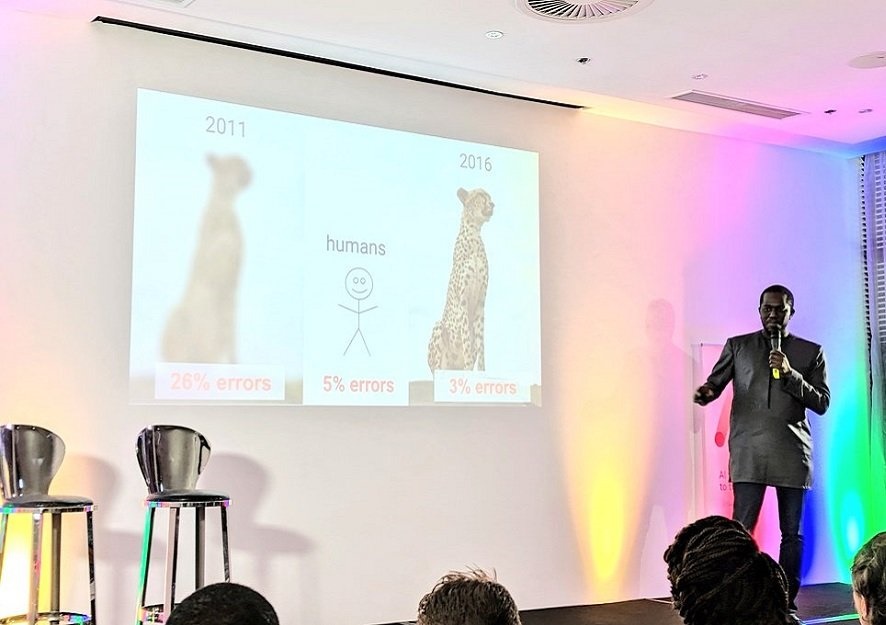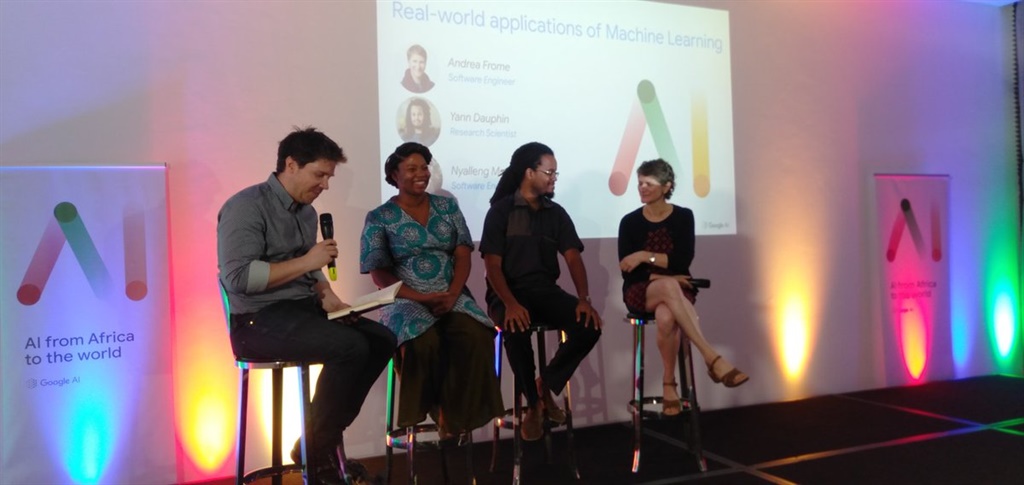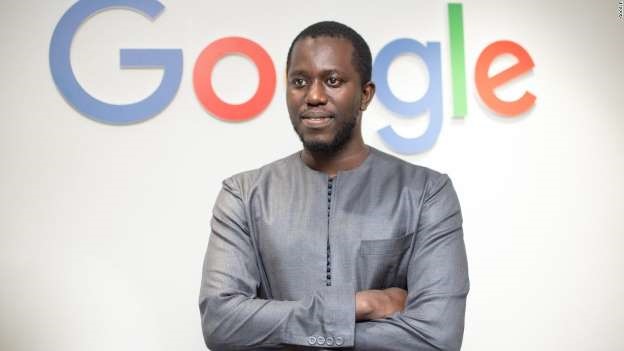
In his state of the nation address earlier in June, President Cyril Ramaphosa stressed the need for South Africa to prepare for "jobs of the future" in preparation for the looming fourth industrial revolution.
Most recently, he launched the inaugural 4th Industrial Revolution SA Digital Economy Summit in Midrand, July 5, where alliance between partners from the public and private sectors, academia and civil society came together to identify policies, strategies and action plans to address economic and technological shortfalls.
"Given what we know today about the potential beneficial impacts of the Fourth Industrial Revolution (4IR), we must embrace this historic confluence of human insights and engagement, artificial intelligence and technology, to rise to the challenges of poverty, unemployment and inequality," he said.
Although the summit managed to identify key areas of focus of developing our technology to address socio-economic problems, it didn't do much in showcasing how exactly these problems would be addressed and what resources would be required to successfully crossover into the so-called looming fourth industrial revolution.
This is where the Google Artificial Intelligence Centre in Accra, Ghana, comes in. Google first announced plans to open the research centre in 2018 and it is the first of its kind in Africa as it uses research models developed by African-based scientists to help solve problems unique to the African continent. The Accra centre has now joined similar AI research centres in Paris, Tel Aviv, and San Francisco.
Headed by Research Scientist Moustapha Cisse, the centre was officially launched in April this year and Cisse, along with his team of scientists, work tirelessly to develop ways to help AI find solutions to daily socio-economic problems such as health, agriculture, education and language understanding, etc.
For instance, have you ever wondered how many African languages there are and whether you'd be able to translate them in whichever part of Africa you're in? Well, Cisse and his team are working teaching AI to translate at least 2 000 African languages so that one has to wonder no more.
Whether you're a farmer or not, imagine being able to to tell if something is wrong with your plant just from a photo; or being able to count the number of buildings using satellite imagery; or enabling computers to recognise various kinds of speech. All these are infinite possibilities of what AI can be capable of and the centre could not have been launched at a better time.
"AI is a critical tool used today and used to accelerate all sorts of sciences in physics, chemistry and engineering. However, most of the people working and advancing the science and developing it in the field are largely based in Western countries. It is important that such an important field addresses a diversity of the problems that the world faces today, and Africa [that] is accurately represented,” Cisse said at the launch.
“We’ve managed to train machines to identify pixels and they can transcribe audio and translate languages for us. Africa is linguistically the most diverse place on this planet. It would be nice if people could communicate beyond these language barriers.
"Many Africans speak up to three languages, but if we could have machines that can speak hundreds of languages, imagine who would be able to speak to the 2.4 billion people projected to be living on the continent in the next 30 years? We want all people in Africa to benefit and access this information,” he added.
Seven years ago, Google's AI programmes made numerous mistakes in identifying objects in images, with a 26% error rate. Fast-forward to 2019 and the rate has improved drastically to an average of 3% - much better than our 5% as humans.
Practical solutions
One of the recurring issues to have come up at the launch was as crop management and sustainability of produce for farmers. The researchers gave brief insight of their plans to help address problems that farmers face in the current economic and environmental climate.
Using tools that they've built, they plan to create apps that integrate into already existing technology which can help, for instance, Ugandan farmers identify sick Cassava plants by taking a photo of it.
By building such mobile models, which would be able to read the photo, farmers would be helped by AI in diagnosing what illness a plant has and, therefore, be given recommended treatments. Apps like these would work offline and in rural areas, making them accessible across the continent.
AI could also help identify usable crop land or map out well-cultivated land for governments and farmers alike using technology with uniquely-sourced information. One doesn't have to think too hard to imagine what benefit this would be for food security.
Another way AI can be useful is helping build well-resourced databases at population centres which run low on data. AI would be able to accurately determine at what rate populations grow and help find a solutions to control overpopulation which would be beneficial in situations of disaster management, tracking refugee movements or predicting population migration. This data would also be helpful in giving out emergency calls and providing quick response to disadvantaged communities.
One of the notable contributions AI has made to solving environmental problems is the design of an algorithm to help curb rhino poaching. CSIR researcher Nyalleng Moorosi, who is also the Software Engineer and Researcher on the Google AI team in Accra, helped a team in South Africa create an algorithm for the Kruger National Par that would determine where, when and how poachers were hunting rhinos in the game park.
Moorosi helped gather daily geographical and climatological data of the park as well as criminal patterns, and information of the bahaviours and movements of the rhinos to ultimately create a model that would help determine when poachers would strike. This developed into a probability map and grid which placed poachers in proximity to the rhinos.
Moorosi has also worked with biologists to help determine how cancer cells form and develop in African bodies by using and gathering historical data.
Moral and ethical concerns with AI
Cisse pointed out that even though AI comes with exciting and innovative solutions, there is a need to align it with societal values.
Cisse said that Google focuses on building policies of practicing responsible science pertaining to the issue of privacy and use of personal data.
"It is important to build trust with people. We make sure to only work on AI projects that comply with [these] principles. We design our own solutions for our own people," he said.
Cisse also pointed out that access to internet is one of the challenges that the new centre will have to address as some places have better and cheaper internet and/or devices. He said that the centre would be looking at ways of dumbing down AI (which runs complex algorithms on large data sets) so that it can run on basic devices.
He added that Google also wants to make AI available offline to counter high data costs for those who struggle to access the internet.




 Publications
Publications
 Partners
Partners




